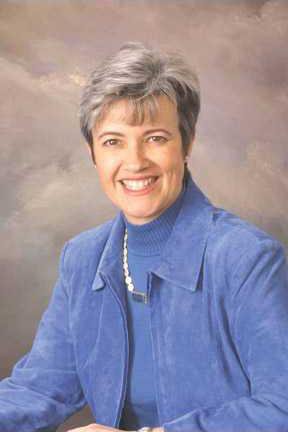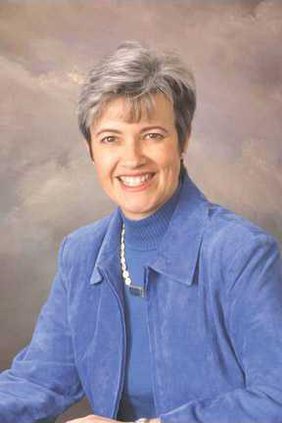Kathy Gosselin this month became president of Georgia’s Council of Superior Court Judges at a difficult time for the judiciary.
Gosselin, a judge of Hall County Superior Court since 1998 and officer on the council for the past three years, represents more than 250 sitting and senior judges at a time when budget cuts are affecting every aspect of state government, including the court system.
“It is challenging,” Gosselin said.
Holding the line and trying to maintain the council’s $57 million budget, which largely funds salaries for judges and support staff, is foremost on the agenda this year, Gosselin said.
“This is not the time to do new and innovative things, which I would have liked to have been doing,” Gosselin said. “We just have to make sure we can continue to do the job that we’re mandated to do, and that people understand what that job is.”
Superior court judges in Georgia preside over felony criminal prosecutions and have jurisdiction in divorces and disputes over title to land, among other civil cases. Some oversee treatment courts for defendants battling substance abuse or mental health issues.
Superior court judges are usually the final arbiters on who gets custody and property in a divorce and how much time a felon spends in prison. They can be called upon to issue injunctions, including those against local governments.
In recent years, as criminal and civil filings continue to increase, judges have felt a caseload crunch. According to the Administrative Office of the Courts and the Supreme Court of Georgia, the state has a shortfall of more than 70 superior court judges.
Hall and Dawson County’s Northeastern Circuit is among many that qualify for a new judgeship based on caseload figures, but Gosselin said the council isn’t counting on any new state spending for additional judges in today’s economy.
Gosselin said the legislature has been supportive in adding money for senior judges that was cut two years ago.
Retired from daily duties on the bench, senior judges have increasingly been called on to fill the gaps in short-staffed circuits. In 2008, the legislature cut out the $3 million in the council’s budget that paid senior judges, forcing counties to foot the bill if they wanted to continue to use them. This year the General Assembly restored $512,000 for senior judges for next year’s budget.
“We’re hopeful we can hold onto that,” Gosselin said. “We have heard it’s going to be a bad year next year, so if we’re asked again to take cuts during the year, we don’t know how much of that we’ll be able to keep.”
Gosselin acknowledges that a big part of the council’s job right now is to make sure Georgians understand where the money goes and why it is needed.
“We started that effort last year, to educate legislators and county commissioners and anybody else who wanted to listen about what we do and how our budget works,” Gosselin said.
Gosselin noted that in many circuits, particularly in rural areas of the state, judges are asked to cover several counties with bare-bones staffs.
“I’m amazed at the work they can accomplish,” she said.
Court administrators, while crucial for all regions of the state, are especially vital in rural circuits, she said.
“It’s important for people to understand what these folks do, so they don’t think we just have a lot of extra people floating around that can be let go,” Gosselin said.

